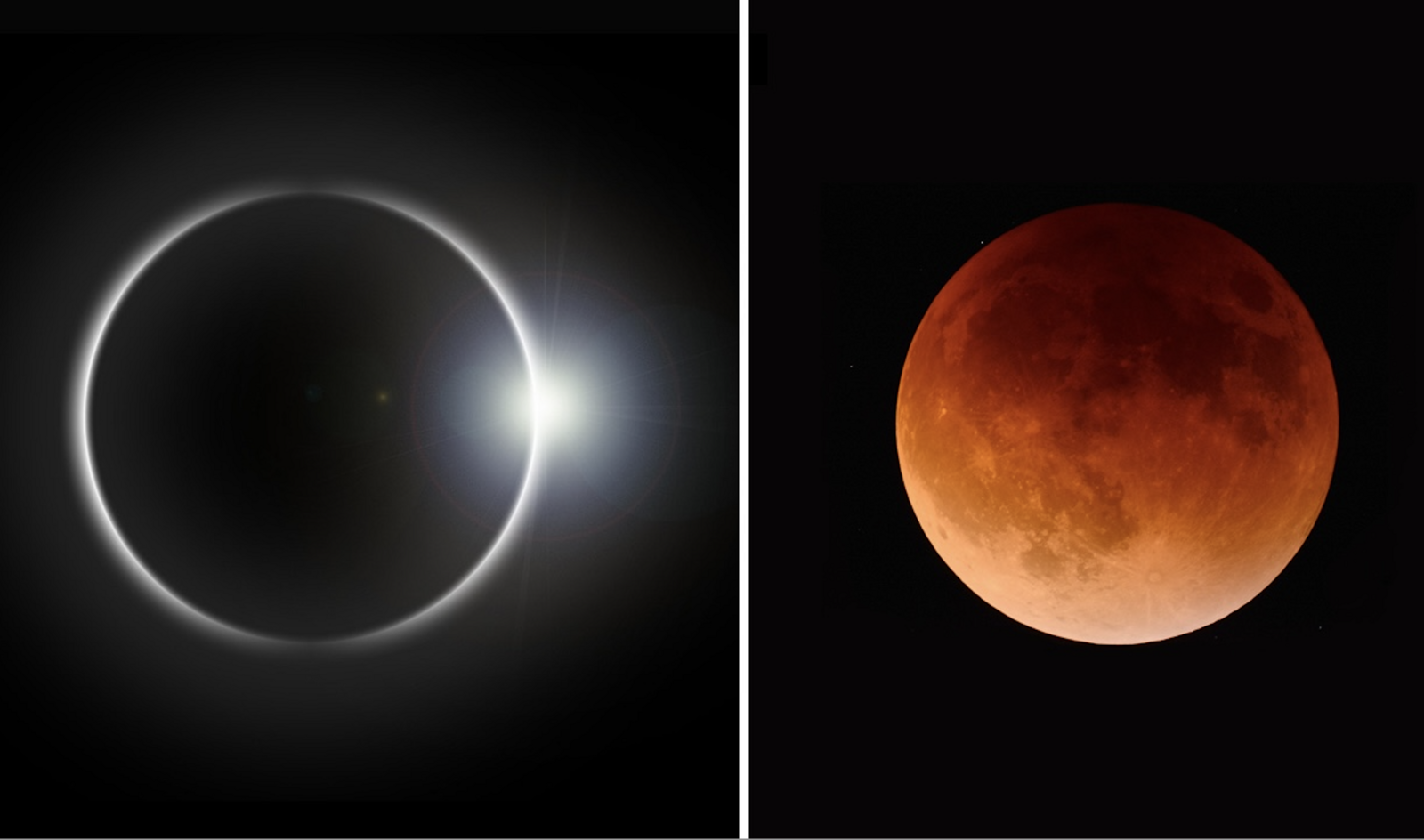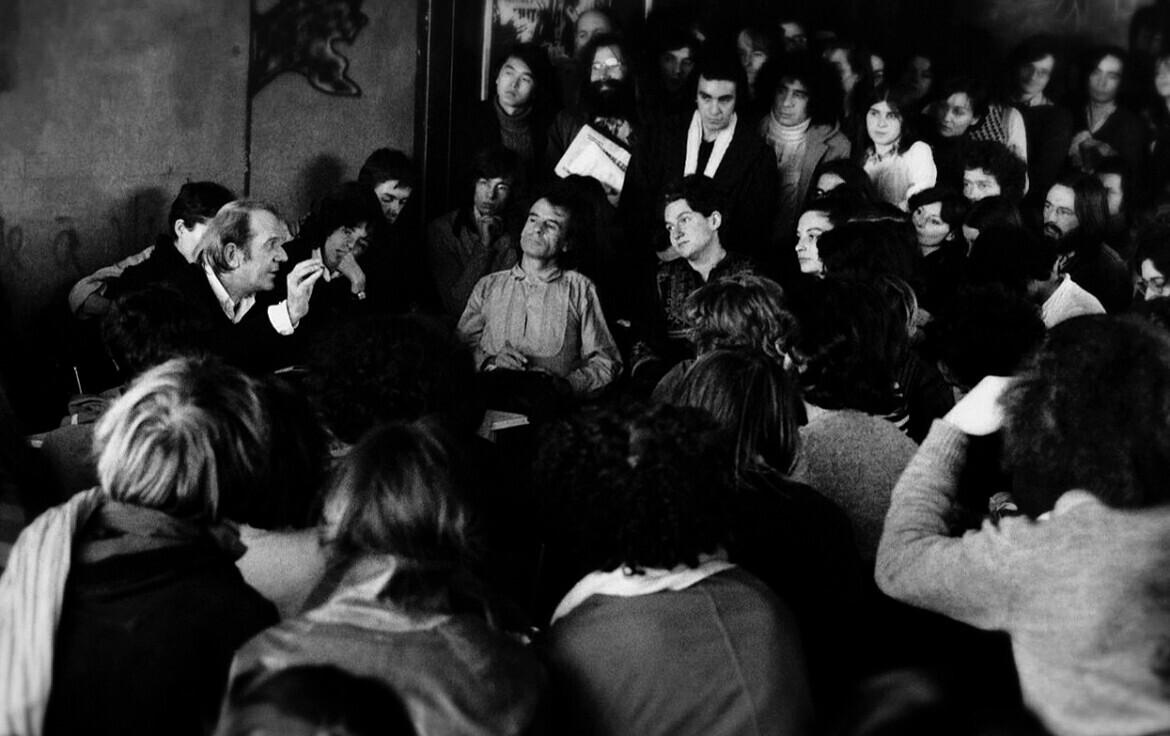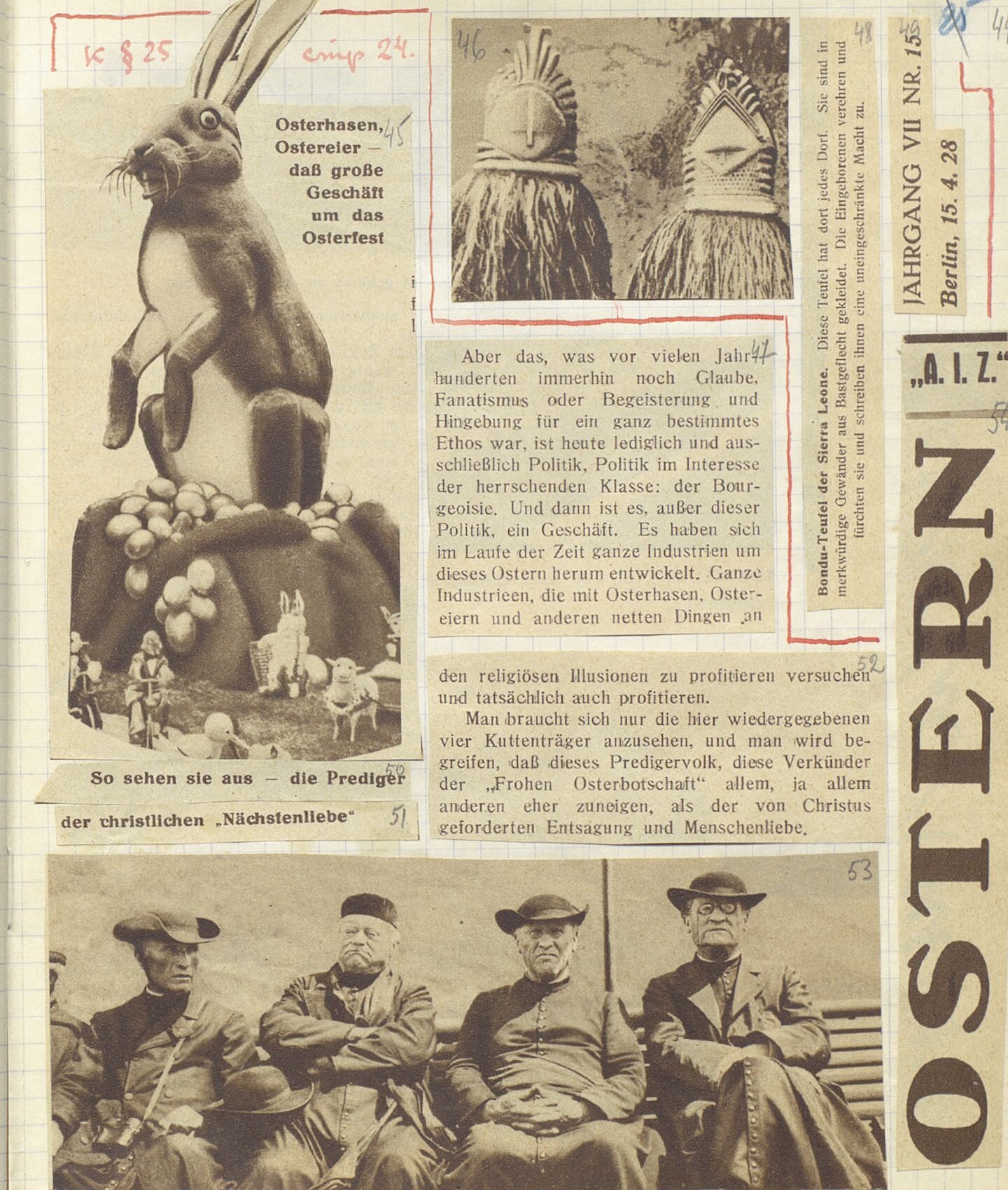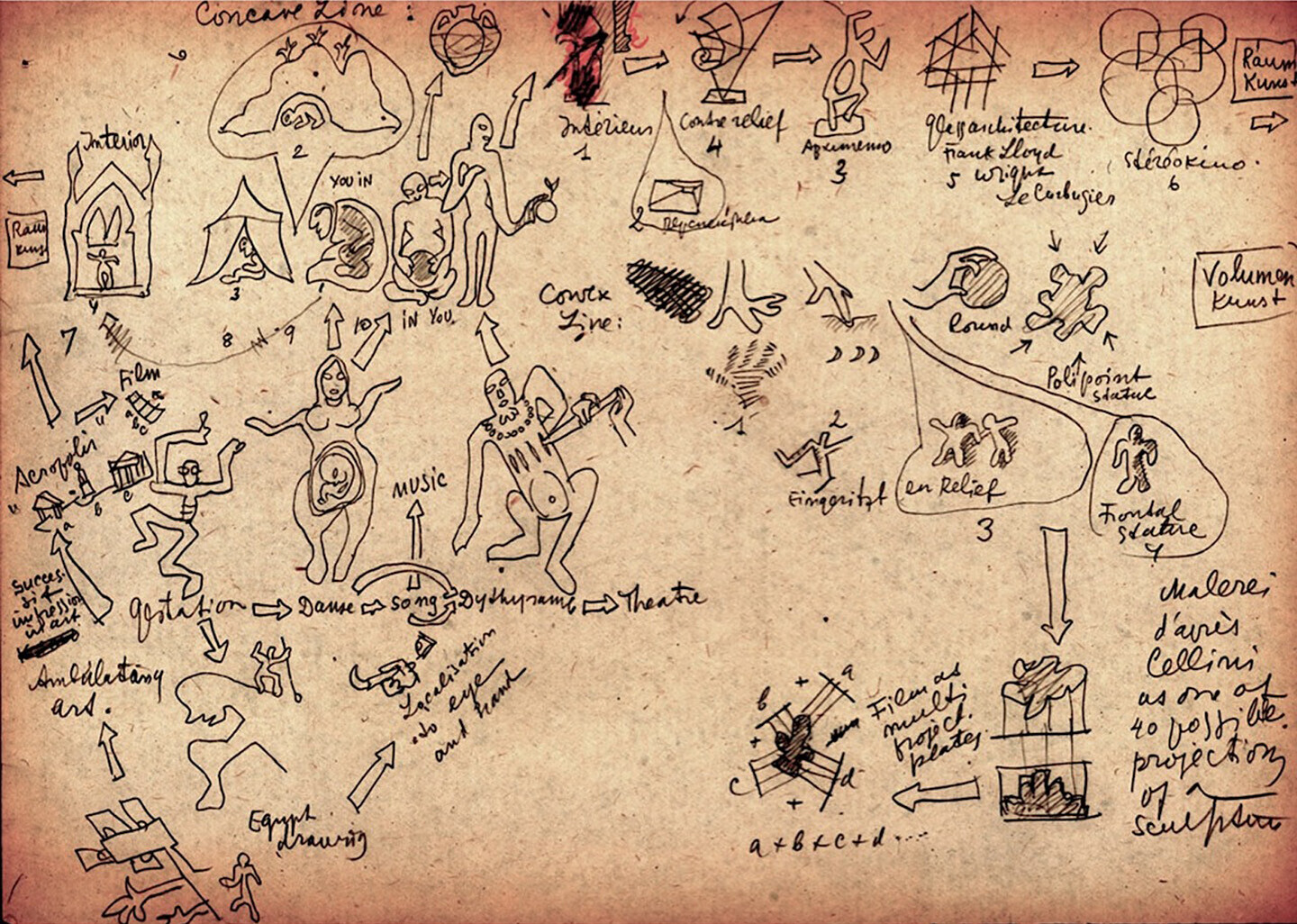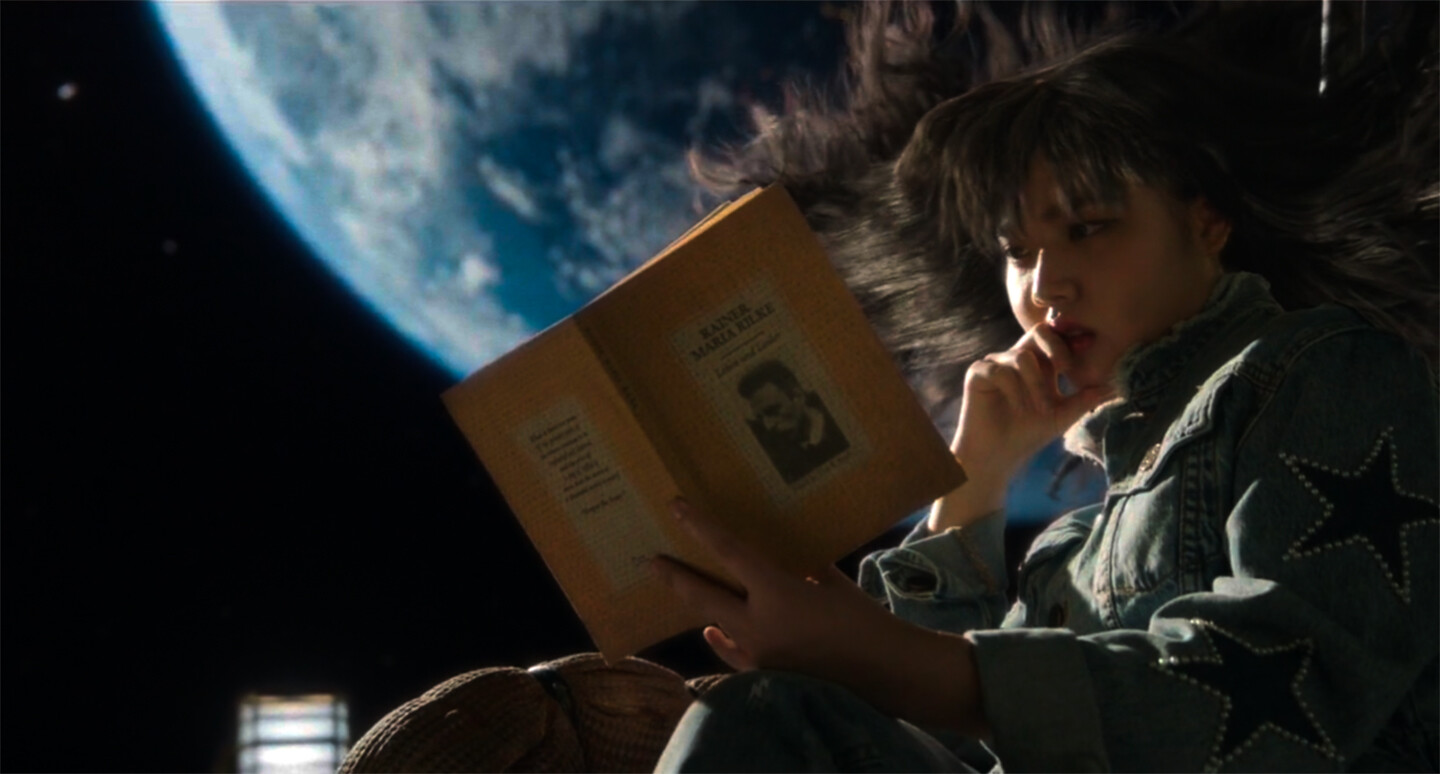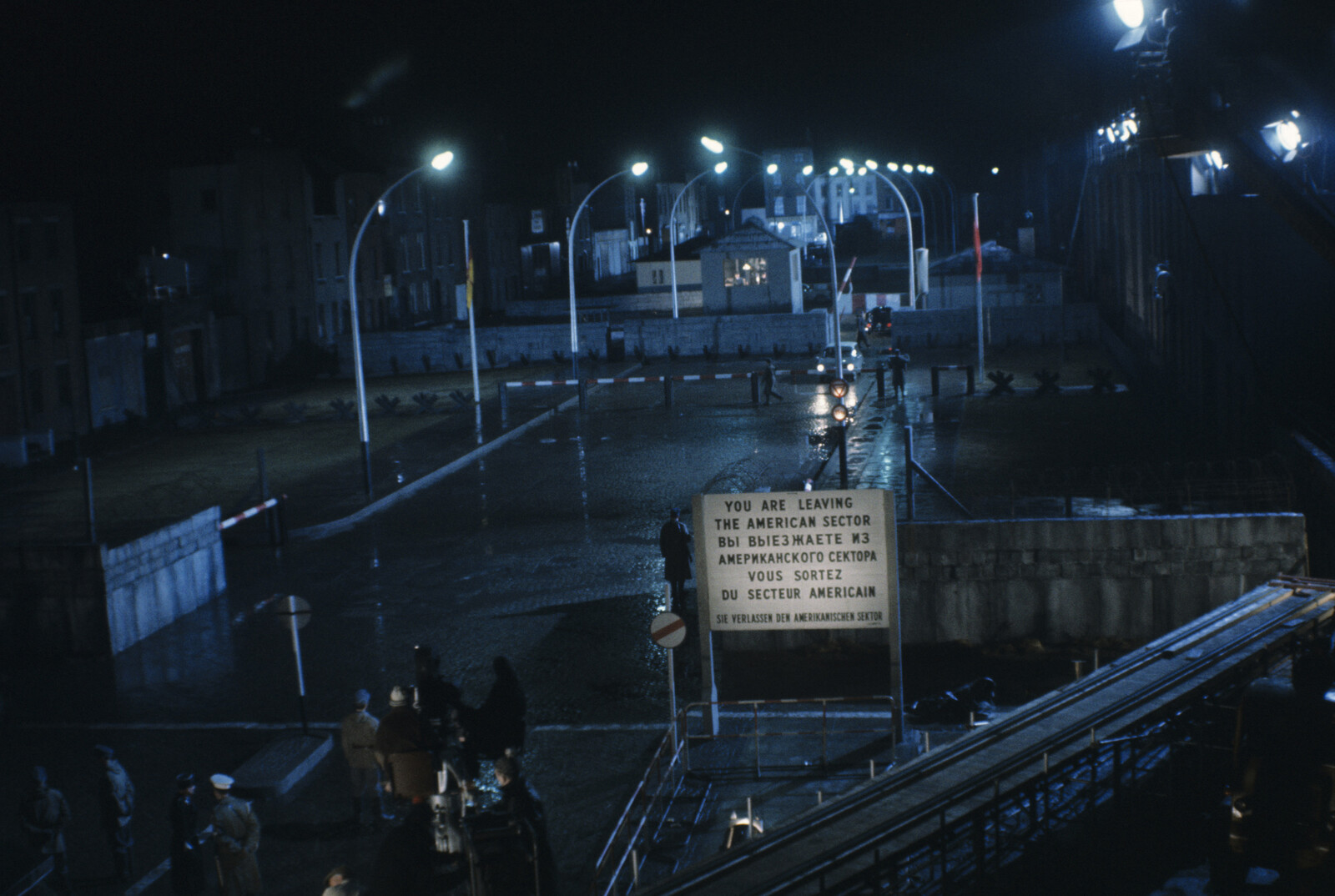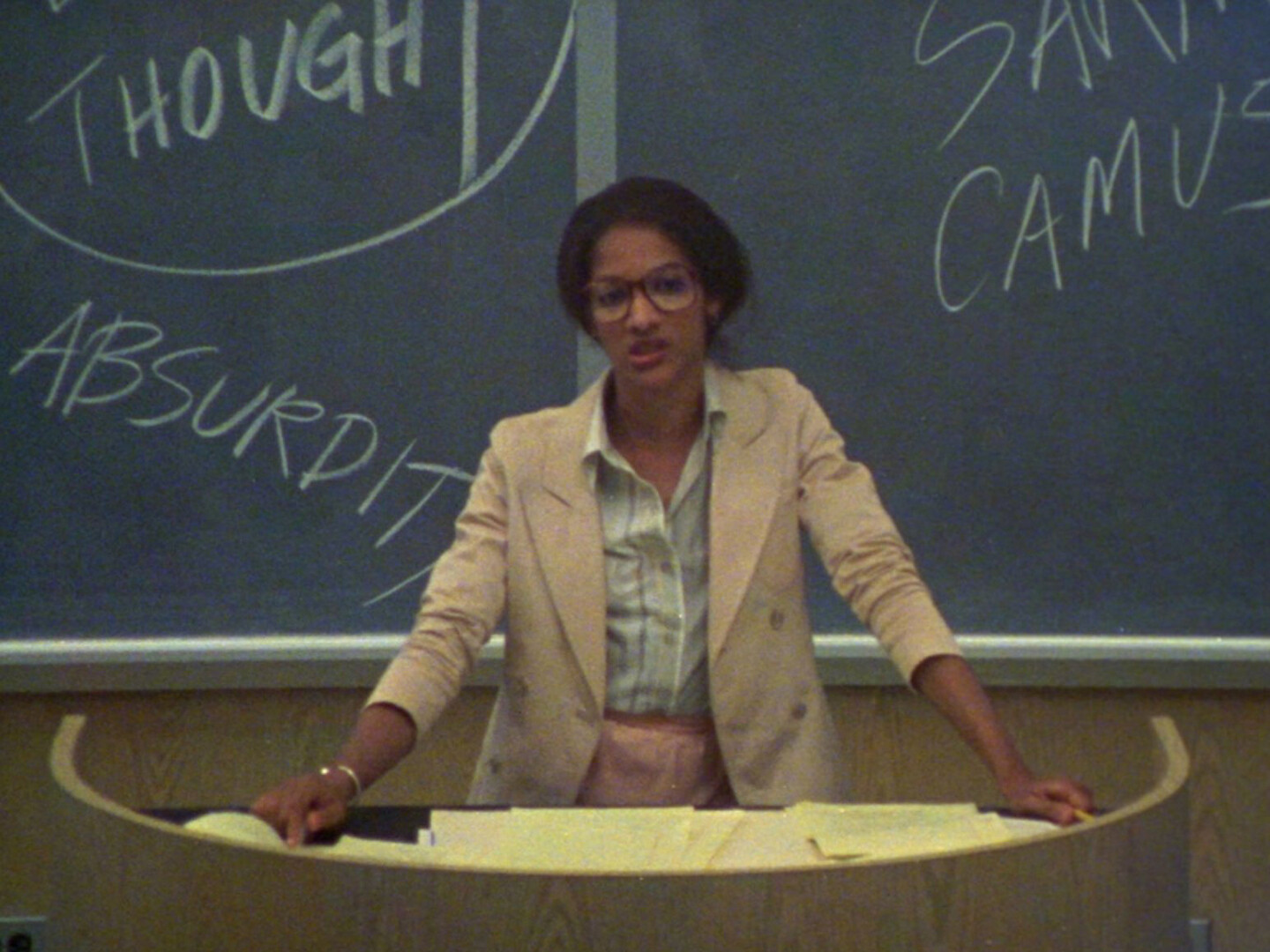Under the “Eye of the Sun” (ekleipsis): A Talk by Akira Mizuta Lippit
Pietro Bianchi: The Optical Unconscious in the Digital Age
Sergei Eisenstein’s Capital Diaries: Talk and Screening by Elena Vogman with Michael Kunichika
The concept of total cinema gives rise to the endeavor to recreate the world in cinema’s image. Yet even as many previously unattainable technological dreams become reality, none of them are sufficient to substitute for existing reality. In André Bazin’s view, cinema has an asymptotic relationship to reality. The medium might approach perfect realism but can never attain what he calls “the myth of total cinema”—in which the boundaries between the world and its representation dissolve into an authoritarian totality—precisely because reality itself is constantly changing.
The cumulative process of “mulatto production” constructs various no-man’s-lands within otherwise emancipatory cinema, film, and visual culture, from which certain kinds of Black female subjectivity must remain absent. While Fanon waits for himself in the cinema, at first blush Fanon’s “woman of color” has nowhere to look for her own image. Losing Ground is radical in how it breaks with this model.
